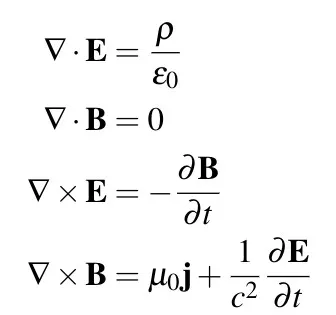It's interesting to think about something like this https://gondwana-collection.com/blog/ho ... see-colourFederica wrote: ↑Wed Feb 21, 2024 5:52 pm
Ok, I understand this is primarily meant to treat the recurring separate-self affliction. The more I think about it, the more I believe this is a Tanguy syndrome of present-day humanity. Anyway, it’s wide-spread enough for its tackling to be justified even in the kind of general thread with curated exercises for the inner path (by the way, thanks again for this collection of exercises). Also, I haven’t yet read with full focus the rest of your post. I thought I would understand this right first. What follows is simply a comment from my particular perspective. I imagine I am not the only one experiencing language in this way.
For my part, I feel that percepts are the meeting point between concepts and language, rather than the other way around. I understand that for many it may be the opposite. I think this is because life has brought me in a context in which I continually change between multiple languages on a daily basis. I remember, long ago Cleric said this would help me get what a concept is, in terms of what stands out as common amidst the variation of possible translations. I never really felt that was working for me, and so I understood concepts the logical and phenomenological way, through PoF and its processing here on the forum.
And now I get why using multiple languages didn't give me any shortcuts to grasp the phenomenology of cognition. It's precisely because for me the sphere of language as a whole, with all its idioms in it, has loosened altogether. It's been lifted separate from the sphere of direct experience. For someone who primarily uses one language in everyday life, the word does feel solidly attached to the meaning, while the thought remains unseen in the blind spot. Then one can speculate: "If you reflect that the bond is actually not so univocal and strong - since there are all those alternative translations - you will loosen the one-to-one word-meaning connection and the concept will stand out from the sea of instances of observation that all carry the same word-label."
But for me there was not any one-to-one word-meaning connection left. Thinking was surely in the blind spot, still, languages couldn't be used as leverage to unstuck stuff at that level. No leverage, because language was already entirely loose for me. As you say, we should indeed remember the words are also audial-visual percepts (I explicitly mentioned that in the post above). This only means, the language-percepts are added percepts. It's an additional layer that comes to complement the layer of direct experience prior to language encoding. But I don't think that in general we are "so intimately familiar with the nature of language". As long as we only use one, language remains in the blindspot. But with a sufficiently long simultaneous practice of multiple languages, one gets to see the added layer of meaning communicated through individual languages. Not so much that there are different shades of meaning between words of different languages (rouge, rot, red, all point to the exact same shade of meaning, since there is only one concept of redness). In my opinion it's rather at the level of the ideas - how concepts are combined together to create more complex dynamics of meaning - that the diversity of human languages plays a role, reflecting the diversity of ethical characters.
So maybe the exercise works as you indicate for those who experience meaning and word as one, but other than that, I feel it may backfire, in the sense that it may undo some of the progress made through posts like this, in the direction of better understanding intellect, through the encoding quality of language.
To me, these are questions that need further elucidation, but such experiments suggest that our linguistic conceptual slots go much, much deeper than we imagine. Thus we shouldn't that easily conceive that our perceptions are fully objective facts that are only outlined by words.
This is really hard to comprehend for color. It seems unthinkable that the way our cognition has been developed makes us see colors differently. It's somewhat more conceivable when we take music, for example. If we develop our musical skills we begin to notice that songs that we have heard many times, begin to sound differently. It's simply that the inner gestures that we have developed begin to recognize themselves in certain auditory perceptions. We begin to distinguish the different instruments, the chord progressions, and so on.
